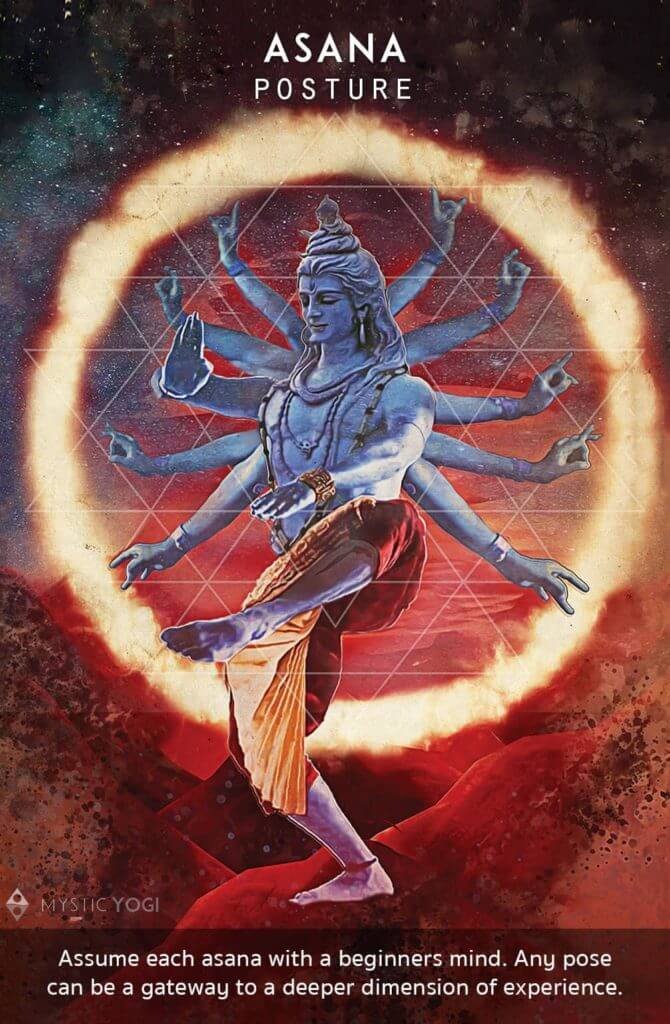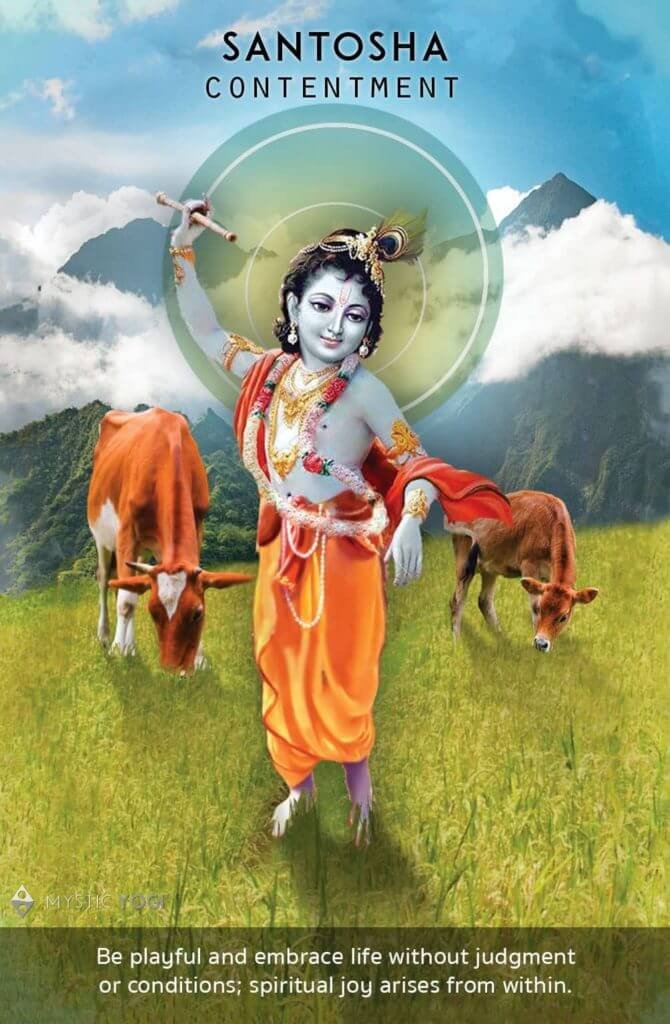Asteya – Non-stealing
Definition: The word ‘asteya‘ is a compound derived from Sanskrit language, where ‘a’ refers to non- and ‘steya’ refers to practice of stealing, or something that can be stolen. Card Symbology: The monk on the left is receiving something far greater for his integrity than the things that are being stolen from his bag. We […]
Asteya – Non-stealing Read More »










